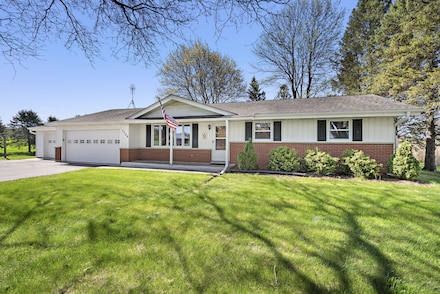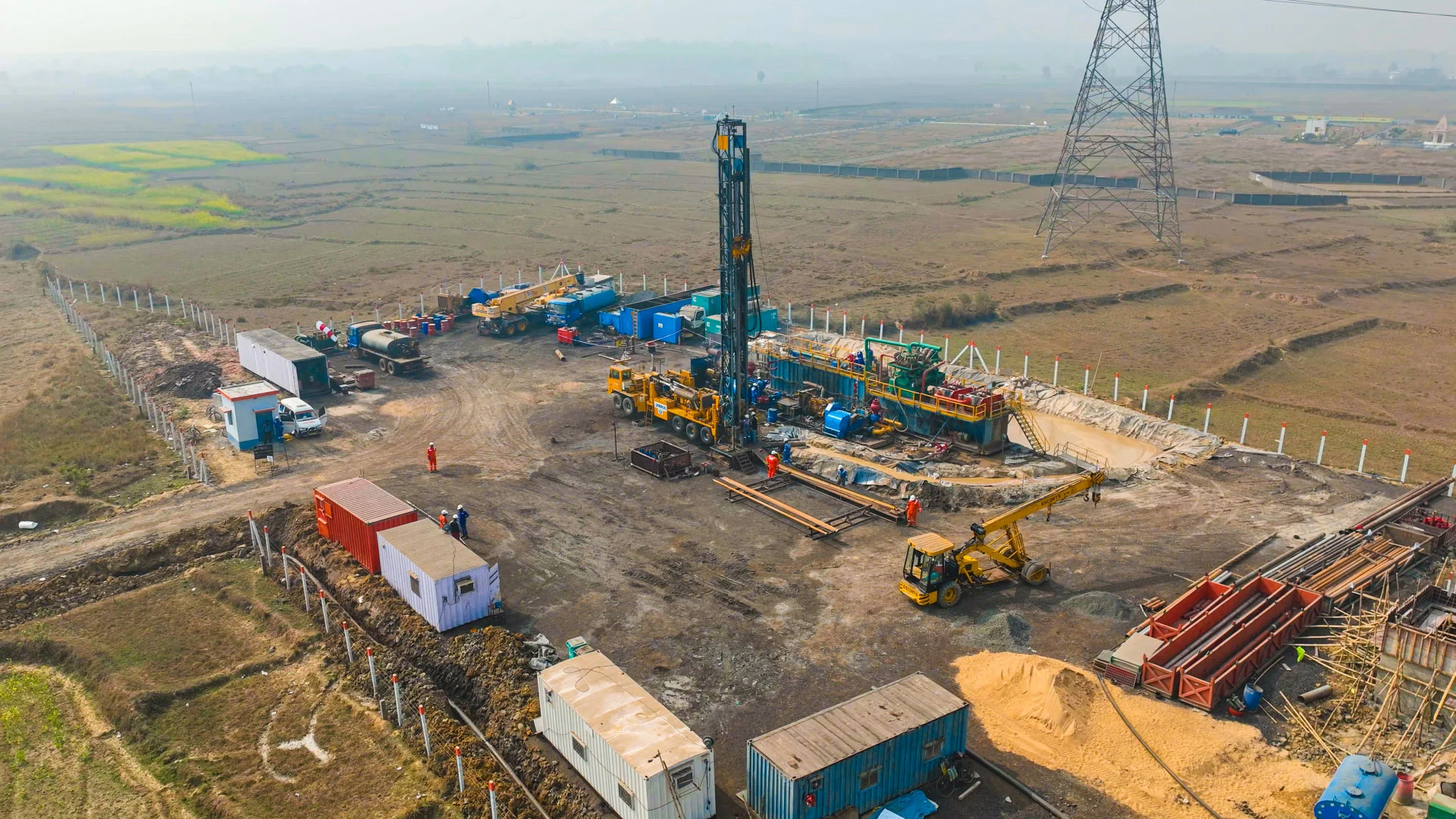
The idea of finding a new houses for sale isn’t just about a change of address; it’s about imagining a different rhythm of life, a new backdrop for daily routines, and perhaps even a fresh start. Whether you’re looking for a cozy cottage, a bustling urban apartment, or a sprawling family estate, the world of houses for sale is vast and varied, reflecting countless cultures, economies, and aspirations. It’s a journey that often begins with a flicker of an idea, a daydream, and then gradually sharpens into a concrete quest for that perfect spot to drop anchor.
Unpacking the Global Real Estate Tapestry
The global real estate market is a fascinating, interconnected web, yet each local thread has its own unique color and texture. What drives prices in Tokyo might be entirely different from what stirs the market in Tuscany. Factors like interest rates, government policies on foreign ownership, local economic growth, and even demographic shifts play pivotal roles. For instance, countries experiencing rapid urbanization and population growth, particularly in emerging economies, often see sustained demand for residential properties. Conversely, mature markets might be more influenced by interest rate fluctuations or shifts in remote work trends.
Consider the impact of interest rates: when they drop, borrowing becomes cheaper, and more people can afford mortgages, pushing up demand and prices. When they rise, the opposite often occurs. Government policies, too, can dramatically shape the landscape. Some nations actively encourage foreign investment with schemes like “Golden Visas,” while others impose strict regulations or taxes. Understanding these broader currents, even if you’re focused on a specific region, can give you a better sense of the underlying forces at play in the property you’re considering. It’s like understanding the ocean’s currents before you dive in; it helps you swim more effectively.
The Allure of Established Homes and Their Stories
There’s an undeniable charm to existing homes, particularly those that have stood for decades, even centuries. These properties carry a certain gravitas, a sense of history whispered through their walls. Picture a colonial-era house in New England with wide-plank floors and intricate built-in cabinetry, or a charming art deco apartment in a European city boasting original tile work and high ceilings. These homes often represent a tangible link to the past, offering architectural details and craftsmanship that are difficult, if not impossible, to replicate in modern construction.
While they might occasionally






:strip_icc()/upscale-modern-house-for-sale-657659408-d5a4db326e034187a6b1744b0f1c5cc7.jpg)